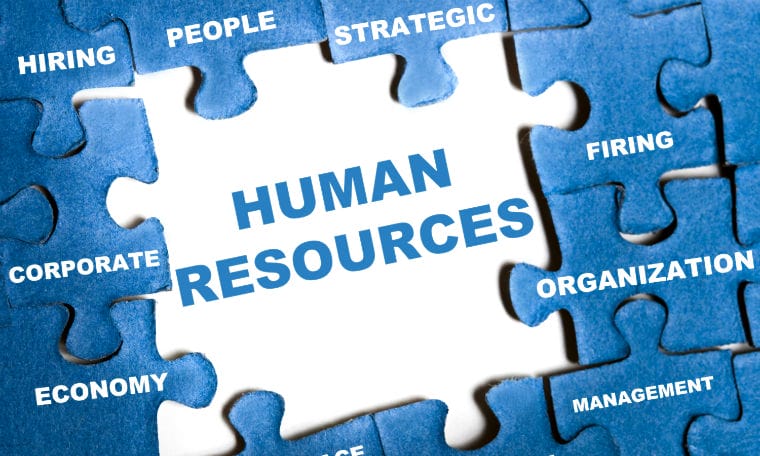HR Administration
Dear Workforce How Do I Get Managers To Embrace Performance Evaluations
By Staff Report
Aug. 13, 2004
Dear Eval-Conscious:
Your organization sounds like many others.
Your managers tend to see performance evaluations as a necessary evil–an administrative burden required mainly for salary administration. Although there are many best practices to make the process more effective, nothing works like increasing the level of employee accountability in the process.
Here are some suggestions about how to do that:
Make performance management a shared responsibility. In today’s organizations, individuals want to be in control of their work. They want a greater say in the jobs they perform. When they have say in what’s going on, individuals are more committed to their jobs and have a better understanding of their level of contribution. By sharing responsibilities for managing performance, individuals learn to manage their own work. They help set objectives, track their successes, identify opportunities for improvement, readily recognize problem areas, make decisions based on performance expectations and ask for help when needed.
Because they “own” their jobs, individuals are willing to take more responsibility for managing their performance. As a result, this relieves managers of a major headache–time constraints–and enables them to devote more time to coaching, facilitating and serving as a support mechanism.
Ensure that accurate, pertinent data are being collected. Establish internal and external tracking systems when setting performance objectives. Managers and individuals should identify and agree on appropriate tracking sources and confirm that these sources are readily accessible. Then, have managers and employees share the responsibility for collecting factual information on an ongoing basis, for both results and behaviors. At review time, focus the discussion on the facts, not what people thought happened. Also, it’s important to remember why we conduct performance evaluations in the first place: to motivate people to improve.
People need to talk to each other more often. Employees rely on managers to help them be successful. This means acknowledging employees’ situations, pointing out ineffective behaviors and coaching them on ways to boost efficiency. Periodic review, mutual and frequent problem-solving sessions, and ongoing coaching are opportunities to discuss performance year-round. Problems can be addressed as they arise, and accomplishments recognized when they occur. Then, the end-of-year evaluation doesn’t hold any surprises. As part of the shared accountability, make employees responsible for initiating these conversations.
Train people on the workings of performance evaluations. Help them understand the concept of shared responsibility and their role in the process. A successful evaluation process makes managers accountable for implementing and supporting the process and encourages individuals to exercise their right to manage their performance.
SOURCE: Bill Coon, Development Dimensions International, Pittsburgh, Pennsylvania, Sept. 24, 2003.
LEARN MORE: Get about 65 other items related to performance appraisals, including sample appraisals. And here is more information on performance appraisals.
The information contained in this article is intended to provide useful information on the topic covered, but should not be construed as legal advice or a legal opinion. Also remember that state laws may differ from the federal law.
| Ask a Question | Dear Workforce Newsletter |
Schedule, engage, and pay your staff in one system with Workforce.com.
